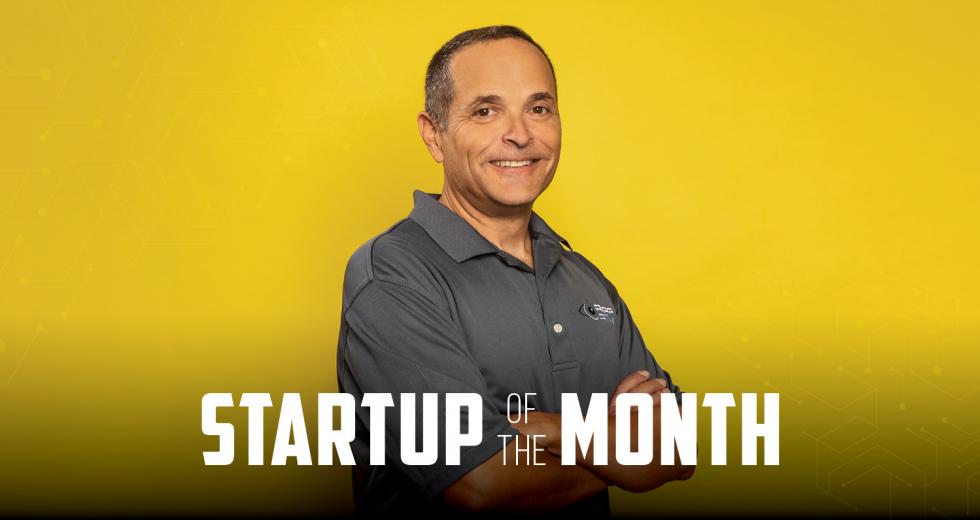Before 2012, Nick Barbato was a software developer working in a cubicle, and he was miserable. He wanted more control over his life, so he left that job to start a company called Pangia Games. Not long after he and his cofounder, Lee Hobbs, released their first game, he received an email in 2013 from someone who played it.
“She said, ‘Thank you for making a game somewhat accessible to us,’” Barbato recalls. “At the time, I didn’t know what that meant. I reached out, and it turned out she was totally blind.”
She had been using a screen reader to play. It was a pivotal moment for Barbato. He didn’t set out to make a game with accessibility in mind, but that email became a catalyst for change. He joined forums, made friends and learned everything he could about games for people with visual impairments — or, rather, the lack of those games in the marketplace.
“There was nothing out there blind people could use,” Barbato says. “We decided it was a great market.”
By 2015, the El Dorado Hills-based startup had changed its name to AppA11y and shifted its focus to accessibility, developing social games and apps designed for both blind and sighted players. The startup uses iOS, Android and its own technologies to enable the games to be fully accessible and give visually impaired users more context through touchscreen and audio feedback.
AppA11y has released two main apps: Dice World (which has six games) and Game World (which has eight games). The games allow blind users to play against and communicate with other blind users, as well as friends and family who may not be blind. This is a big deal for those who feel like the gaming industry doesn’t pay attention to players with visual impairments.
“A lot of developers just don’t think about us,” says Thomas Domville, an editor of AppleVis.com, a community site about the accessibility of Apple products. “They think about creating a game, making it visually appealing, but sometimes we get left behind.”
Domville remembers playing games like StarCraft, Diablo and Age of Empires as a kid. Fourteen years ago, a genetic disease caused his vision to deteriorate until he went blind in both eyes. It’s not treatable at this time, he says. He went through a stretch of years not being able to play and he “missed it deeply.”
It is difficult to find accessible apps and games, Domville says, adding that the ones that exist usually don’t allow blind players to interact with sighted players. With advances in technology, he can play again and usually spends 20 minutes to an hour every day on apps and games.
“It’s rare to find a game to play with other people without knowing they’re blind,” Domville says. “Not only did Nick create an app that’s visually appealing, but we can play it on any device and play against other people. My mom’s not blind. I play with her and my sisters all the time, and that makes it fun, family competition.”
Domville also credits Barbato for getting feedback from the community. With a beta test group of about 100 visually impaired volunteers, Barbato can learn early if certain features in a game are helpful, need to be tweaked or should get killed. Most of the feedback is positive, he says, but some responses from users can be nasty.
“Sometimes I think I have a genius idea and send it out to users, and it gets rejected completely,” Barbato says. “Then we get hate email and need to reverse the changes. You’ve got have thick skin.”
This is all part of the development process, which Barbato says takes longer than it would for a traditional game.
“For what we do, it doubles the work to make it completely accessible,” he says. “There are 280 million people (around the world) with visual impairments. Some people are colorblind, others need magnification. We have a lot of settings in our apps to tweak the interface to fit a specific impairment.”
After bootstrapping everything, Barbato wants to raise funds, primarily to hire more developers to meet demand. Even with the long hours, he likes being able to work for himself, and whenever he thinks about quitting, he remembers how much he hated his old cubicle job and keeps moving forward.



